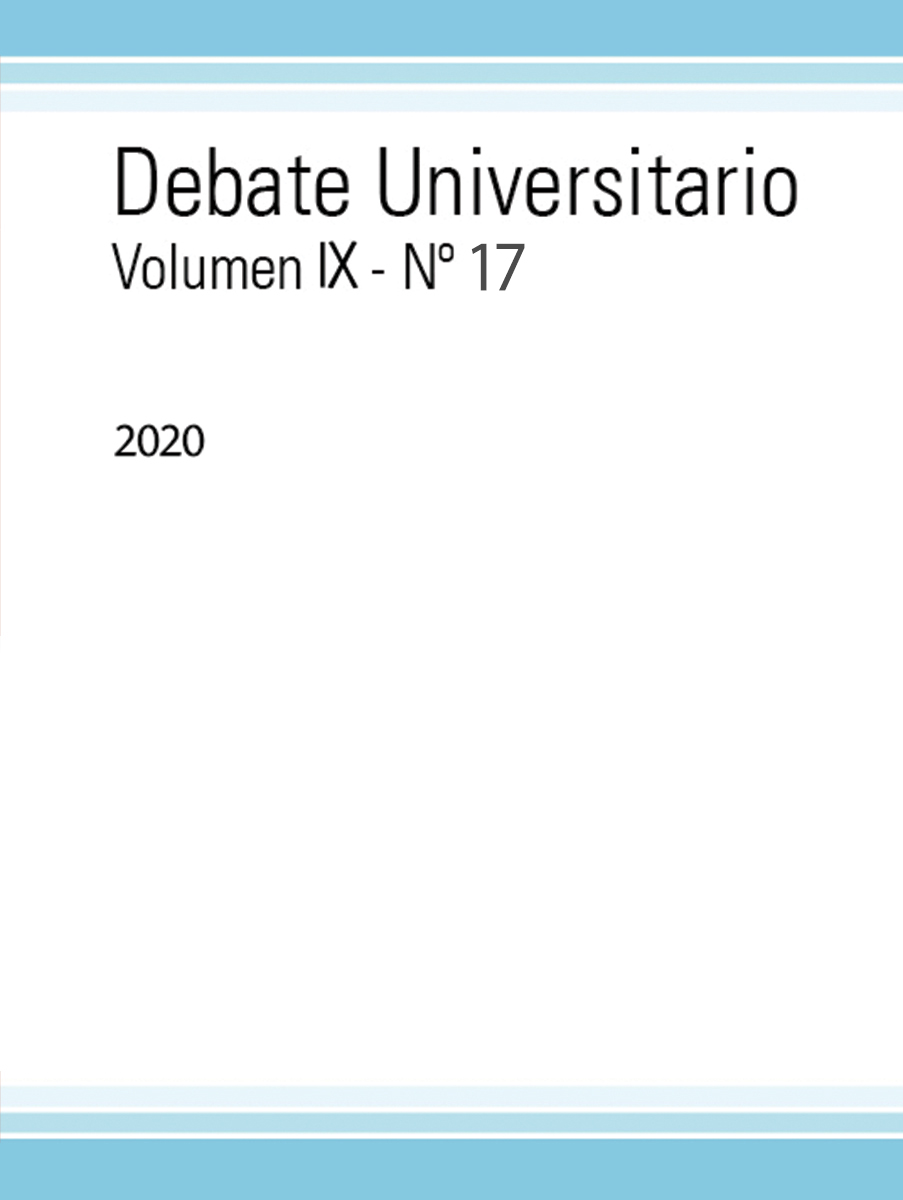National University of Luján. Its relationship with the political context in the period 1969 - 1986
DOI:
https://doi.org/10.59471/debate202051Keywords:
Political Context, Institutional Changes, Academic OrganizationAbstract
This article analyzes the notable diversity of academic organization proposals that existed at UNLu in the period studied in a context of continuous changes in the national political and institutional context. The original project postulated a departmental model set in a centralized campus that did not materialize due to the changes in the external political scene that occurred just three months after the creation of the university. The second project directed by Emilio Mignone was the one that was adopted when the UNLu really began to function and was closer to a tertiary institute than to a university proper. The assumption of the rector’s office by Gerardo Amado marked a return to the main guidelines of the Feasibility Study. If in the academic aspects the rectorships of Mignone and Amado had marked differences, the political contexts in which they had to act were also different: Peronism in the period 1973 - 1976 with serious internal confrontations over university problems,and survival in the context of the 1976 dictatorship. From the assumption of President Alfonsín, a republican democracy, in which political dialogue predominated and the separation of powers was respected. The intervention to the universities, whose objective was the return to full autonomy, had
a specific legal framework, which limited the authority of the Normalizing Rectors. All these processes allow us to appreciate the close relationship between the national and local political context with the realization of a state university institution and its academic project
Downloads
Downloads
Published
Issue
Section
License
Copyright (c) 2019 Enrique Fliess (Autor/a)

This work is licensed under a Creative Commons Attribution 4.0 International License.










